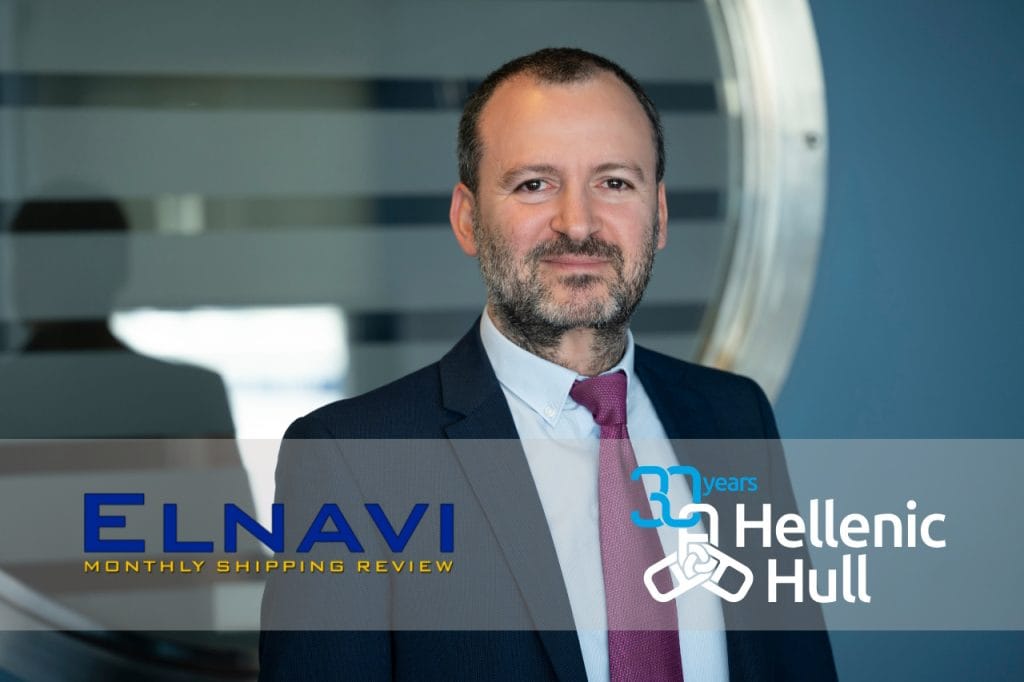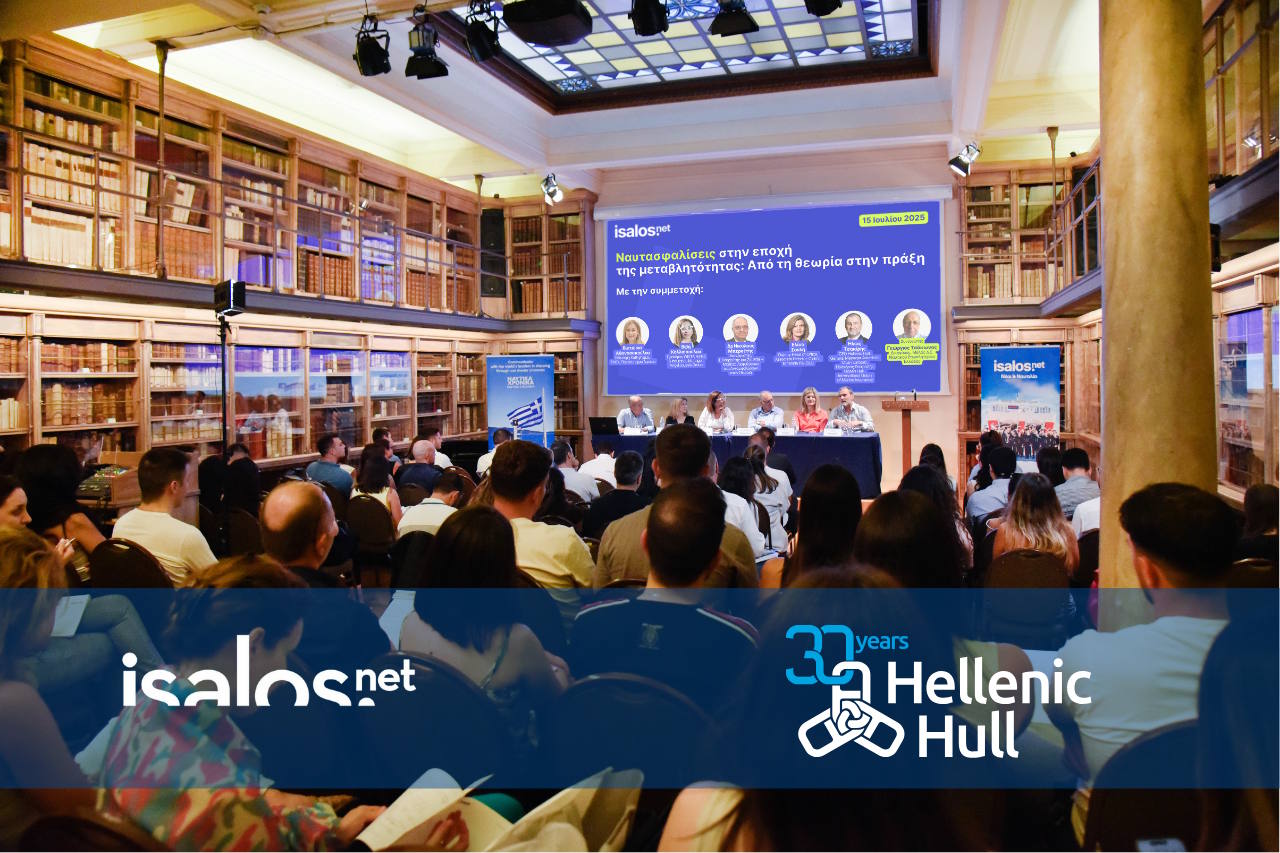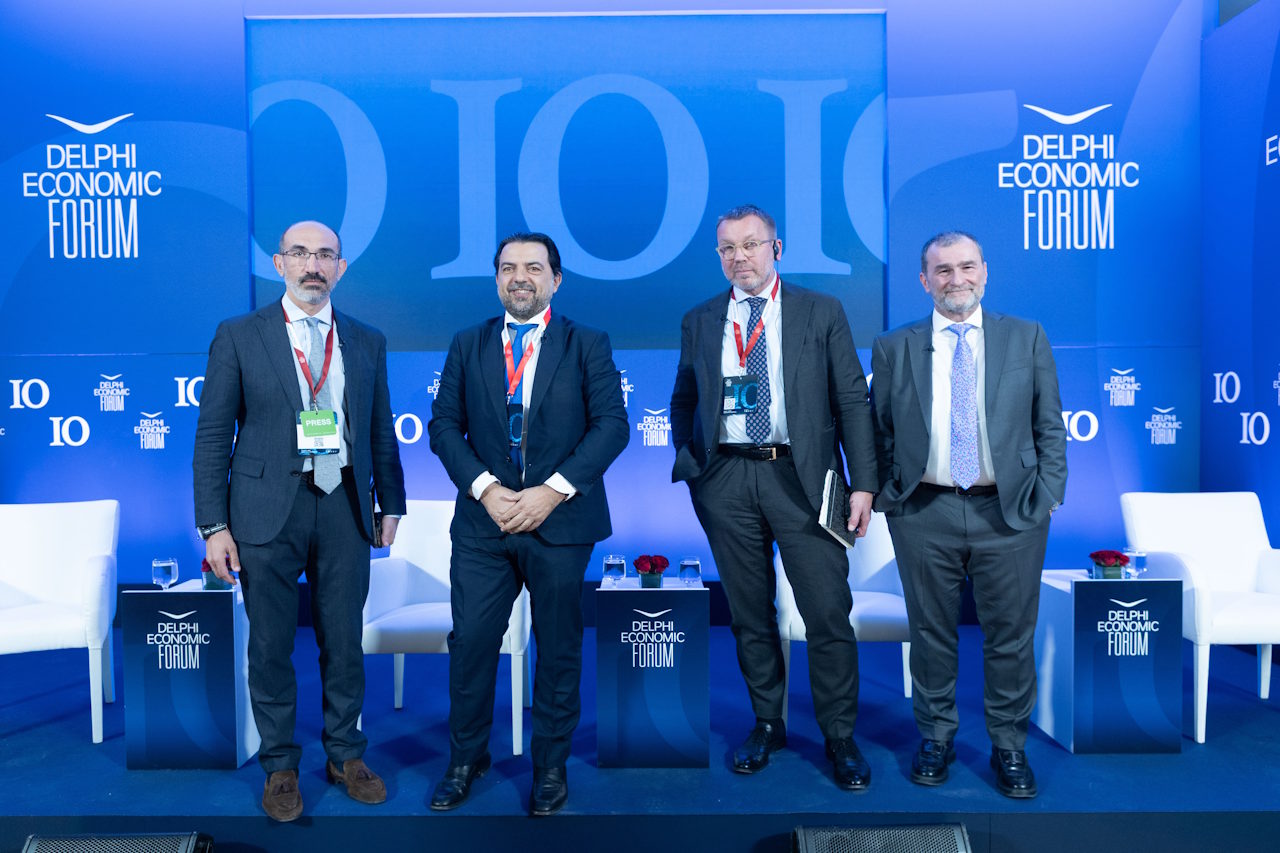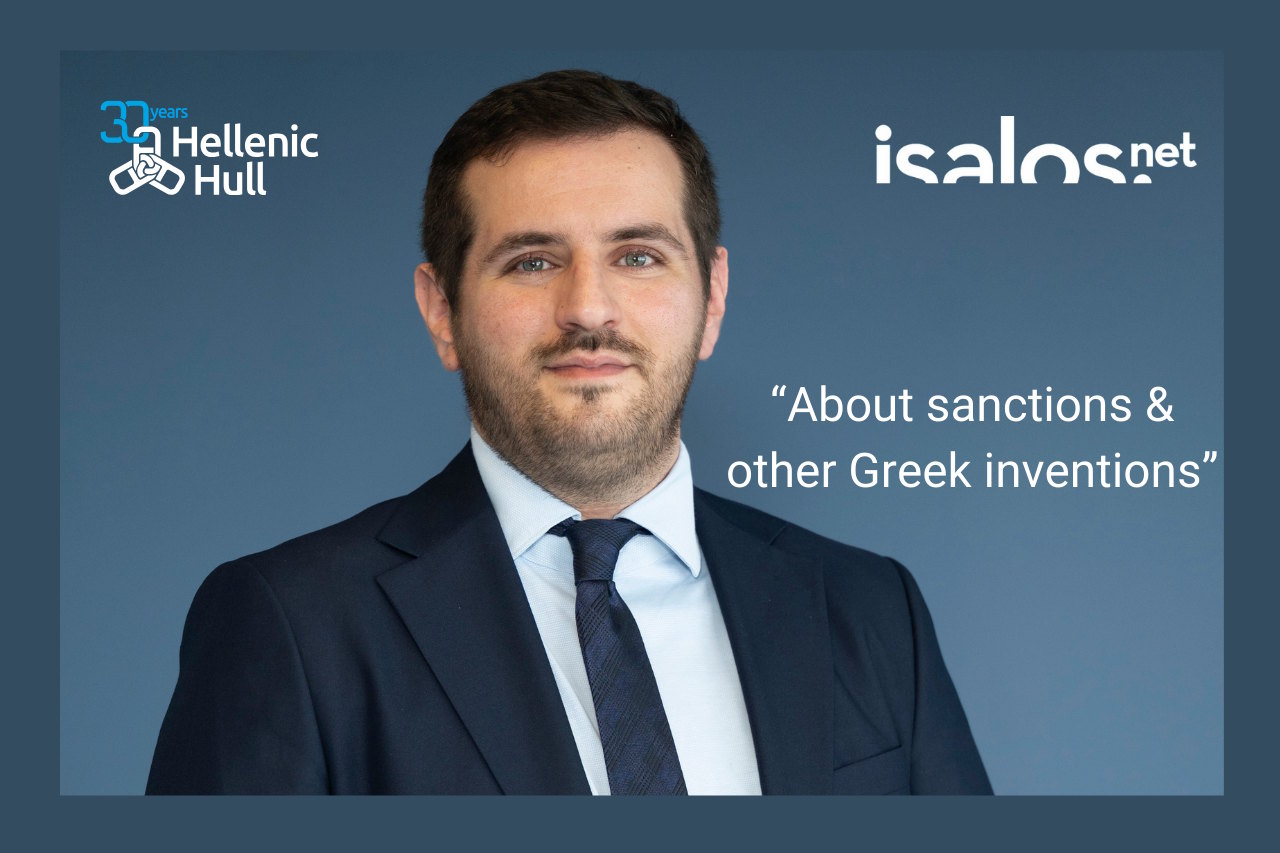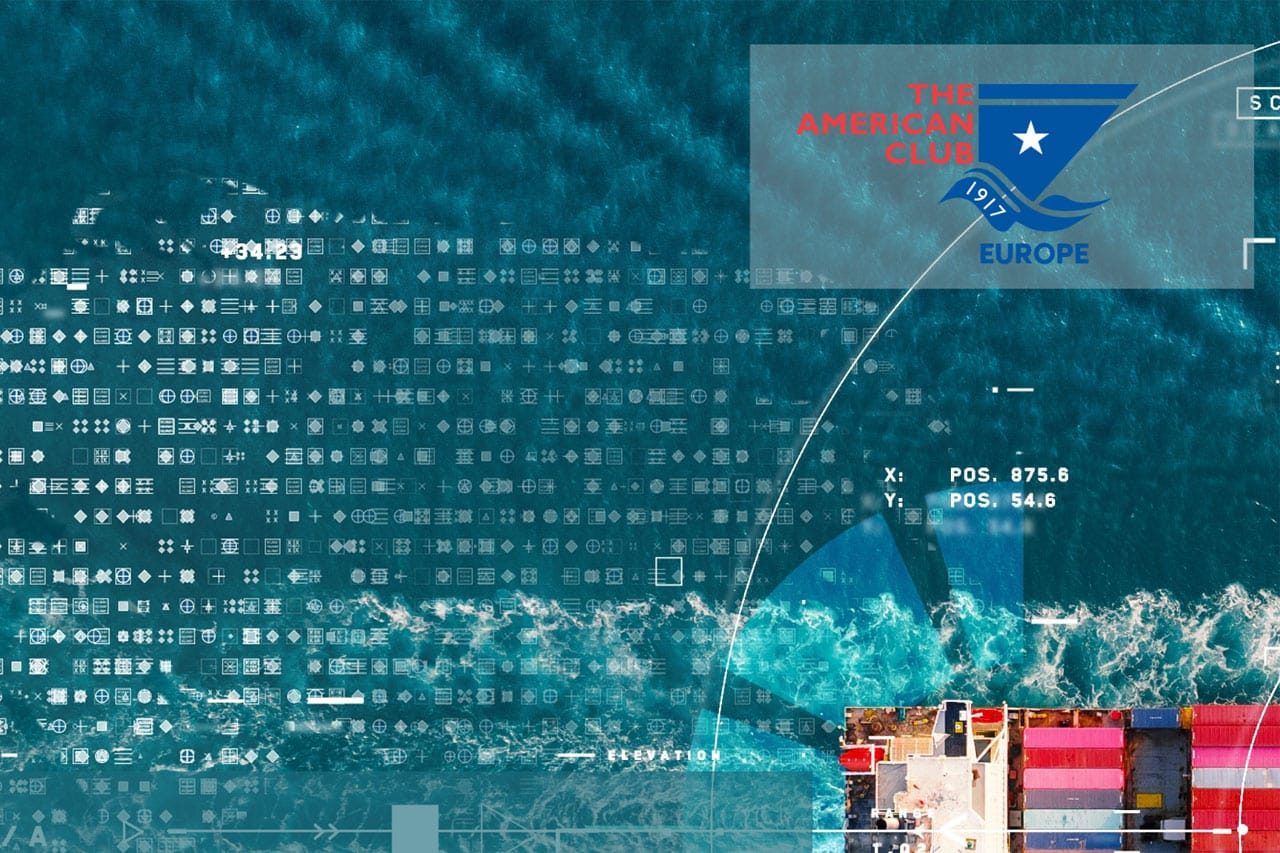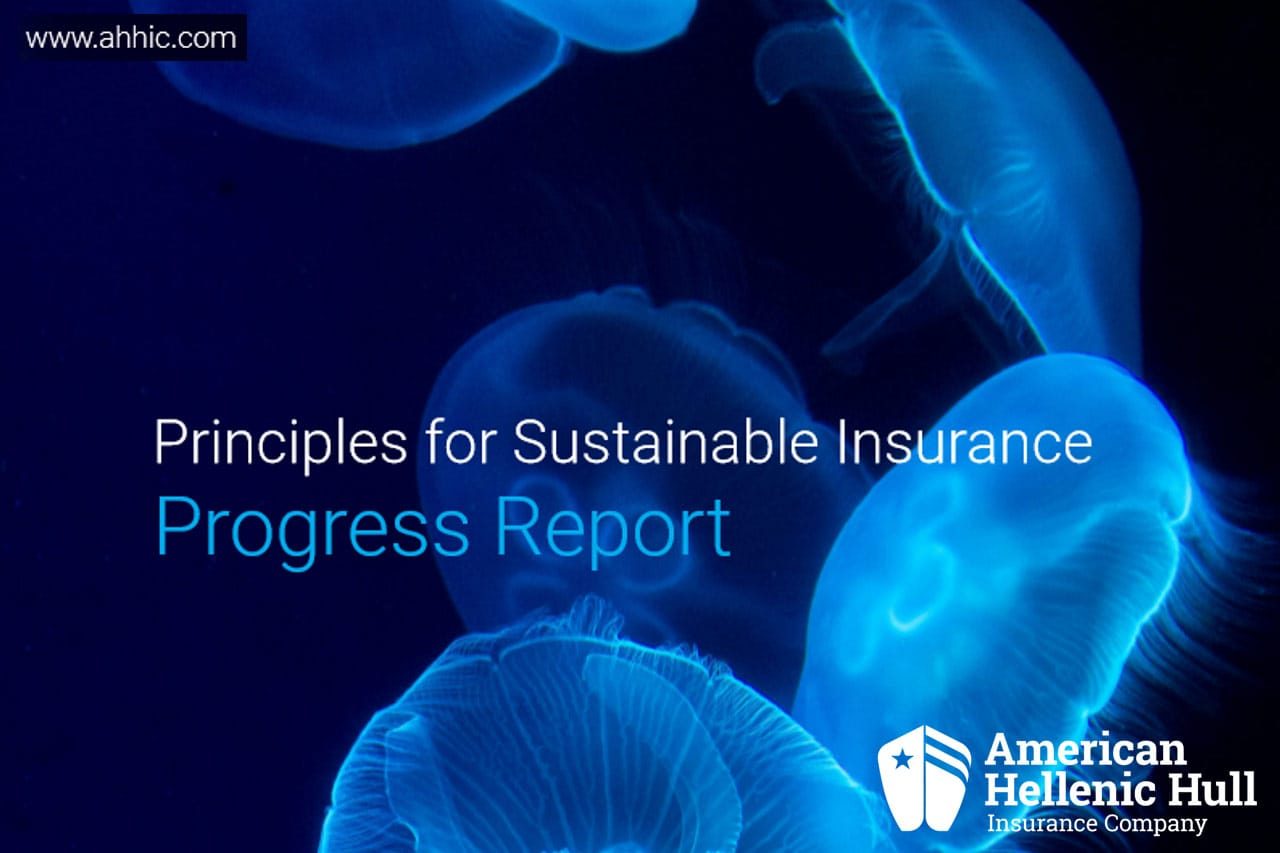Q: Many insurers today say they’re seeing a more disciplined approach to underwriting, focusing on loss ratios rather than just pursuing business through premium growth. Do you agree with this trend in the current market?
In this framework do you pay more attention in high risk areas and the changes in global weather patterns?
Evangelos Gagkos: In my experience, this is not exactly the case. We’re currently in a market that is under pressure from the increased capacity entering the scene and existing underwriters that pursue aggressive growth, sometimes at the expense of careful risk assessment. For those aiming to maintain a stable income, this can be challenging, as they’re often forced to compete with reduced premiums, which don’t always make sense from a risk perspective.
In such a climate, war risk underwriting requires a particular focus. We closely monitor geopolitical dynamics and risk accumulation in high-risk zones to stay ahead of potential issues. Meanwhile, global weather changes, while less directly impactful, bring indirect challenges. For example, severe drought affecting Gatún Lake has impacted Panama Canal operations, while attacks by Houthi rebels on vessels in the Red Sea also contribute to disruptions due to vessel reroutings that can indirectly affect hull insurers The compounding impact of these issues demands a vigilant and balanced approach to underwriting.
Q: How has your organization utilized new technology to enhance underwriting, develop new products, or improve claims processing efficiency?
Evangelos Gagkos: Technology has become a critical pillar of our approach, and we’ve invested heavily to ensure it supports both our underwriting and claims processing functions. Advanced analytics and real-time data insights allow us to refine our underwriting decisions, streamline claims handling, and manage our portfolios more effectively. Through these tools, we can quickly assess submission quality, monitor compliance, and generate detailed reporting—all of which enable faster and more accurate responses to clients. For us, this is about improving the speed and accuracy of our operations, so we can stay competitive and responsive to a fast-changing market.
Q: Increasing regulatory demands and sophisticated ship requirements seem to be driving consolidation in the marine insurance industry. What are your thoughts on this trend?
Evangelos Gagkos: We’re certainly seeing a shift in that direction, and adapting to these changes requires not only financial resources but also a degree of technological sophistication, which can be a challenge for some industry players.
In our case, we see this trend as an opportunity. By investing in data-driven underwriting and leveraging insights from technology, we are positioning ourselves to adapt proactively. This approach strengthens our standing in a market that increasingly favors technically capable and forward-thinking insurers, as we anticipate the consolidation in the years to come. In many ways, this is about staying at the forefront of industry shifts rather than merely responding to them.
Q: Marine insurance is still very much a “people business,” where communication and relationships play a central role. How does your organization align with younger generations' desire for workplaces that are inclusive and ethically focused?
Evangelos Gagkos: Fostering a people-first culture is fundamental to our approach, particularly as we see younger generations placing a high value on inclusivity and ethical practices. We prioritize Diversity, Equity, and Inclusion (DEI) across all teams and make sure our work environment reflects these values. Additionally, we partner with universities, among others the Universities of Piraeus and Aegean and World Maritime University, to offer internships, providing young professionals with hands-on industry exposure and mentoring. By building an inclusive, transparent culture, we not only attract talent but also cultivate a workplace where everyone feels valued and aligned with the industry’s broader goals for ethical business practices.
Q: Looking to the future, how does your company plan to address the transformative changes expected in the sector, such as decarbonization, autonomous vessels, and a rise in global protectionism?
Evangelos Gagkos: We are very mindful of these shifts and are committed to adapting in a way that supports both our clients and the industry at large. Decarbonization is at the forefront of our strategy, and we’re actively exploring ways to support low-carbon shipping initiatives, both through our products and through partnerships with industry innovators. The integration of autonomous vessel technology is another key area, and we are working to understand and mitigate the unique risks this technology will bring.
In terms of protectionism and geopolitical challenges, we are building resilience into our operations. By closely monitoring global trends and fostering adaptable, technology-enabled solutions, we aim to support our clients’ trade operations, even in unpredictable conditions. Our goal is to remain responsive and relevant, offering tailored solutions that meet the sector’s evolving demands. In many ways, our commitment is to remain both a reliable partner and an adaptable leader in a complex, shifting landscape.
